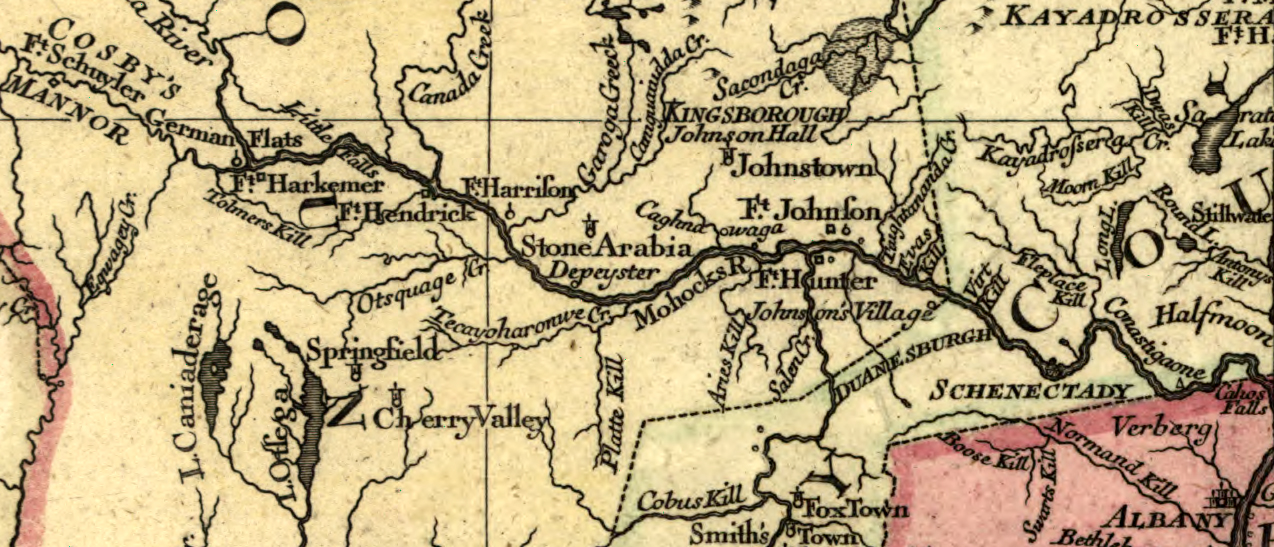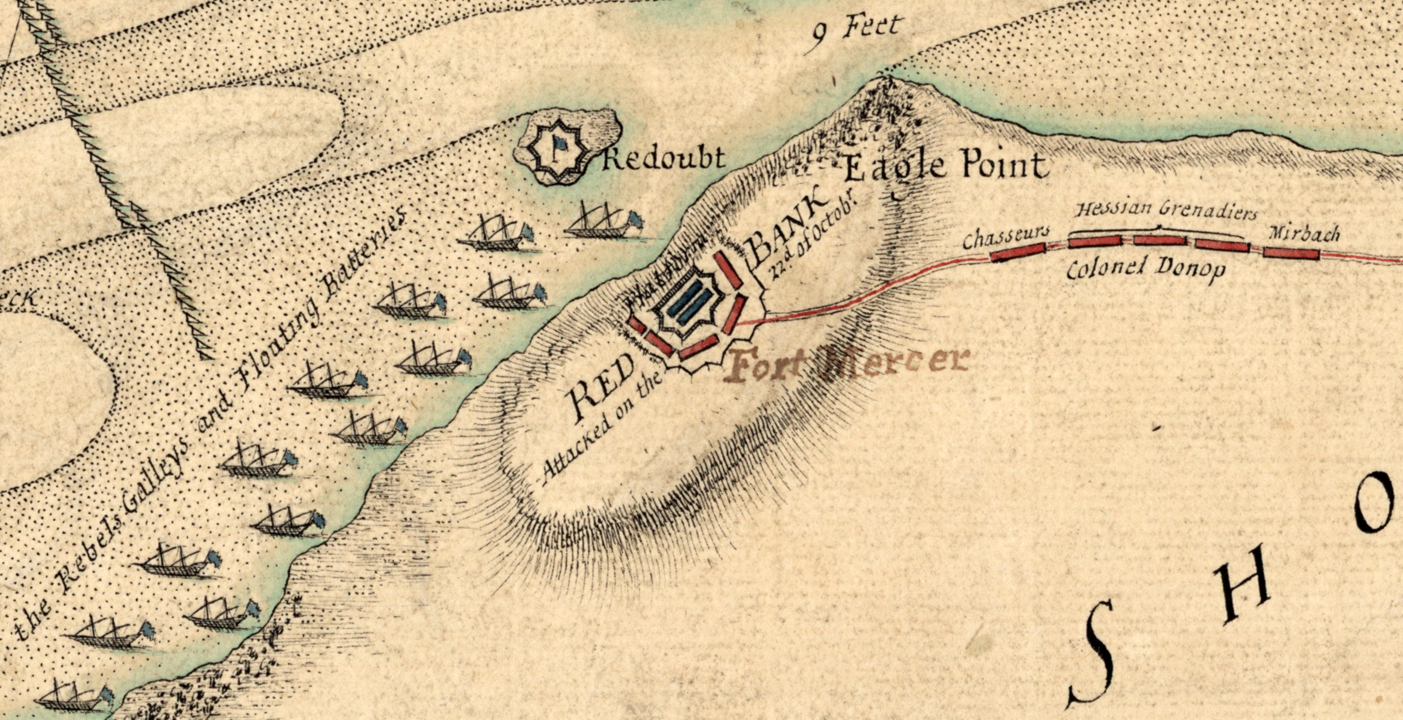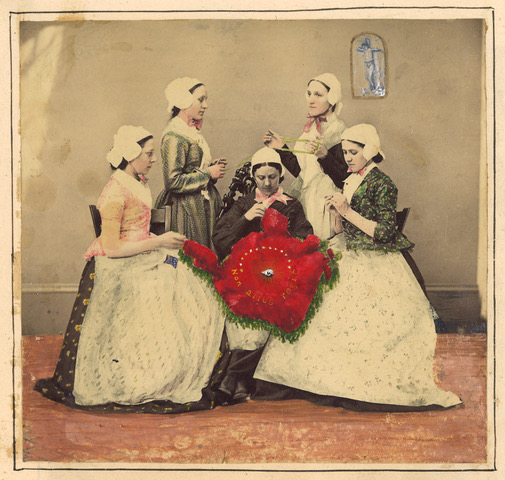Book Review: Band of Giants: The Amateur Soldiers Who Won America’s Independence by Jack Kelly. Palgrave Macmillan, New York. Hardback. $27.00. ISBN: 978-1-137-27877-7; 368 pages, Index.
It is difficult to condense the Revolutionary War into one volume and make it readable, informative, entertaining and even fascinating. Jack Kelly has done just that by focusing on the key players and the events surrounding them. This is not an in-depth look at any individual or event but rather an overview of the war aimed at the general reader.
The enticing narrative takes the reader from man to man and scene to scene in a very pleasing style. The war-time characters are shown facing decisions which generally were new and unknown to them. Their responses to those situations make for some exciting reading. Men like Washington, John Stark or Dan Morgan become more real than is often the case in similar books. The on-the-job training these amateurs faced and the bloody cost of errors will be enlightening to many. The American leaders were rarely “military men” but rather civilians in uniforms…and, often those uniforms carried a rank far surpassing the abilities of the men wearing them. But, often these same men rose above their backgrounds and experience to excel.
To its credit the book covers the war in the South, although only briefly, as well as the George Rogers Clark expedition in the West. There are also several very useful maps.
The pace of the book is quick and pleasing. It is much like reading a good novel. There are sporadic footnotes which add very little. Either they should be omitted altogether or there should be far more of them to lead the novice Revolutionary War reader to good sources of further information. I would prefer to have seen far more footnotes. Oddly, all references are to secondary sources even when superior primary sources are readily available. The dependence upon secondary sources brings both accurate and questionable history into the book. The casual reader may not notice the problems but many could have been avoided.
There is a long bibliography, unfortunately including only secondary sources, intended to give the reader places to go for further reading. The bibliography could be greatly enhanced with a simple line or two of annotation for each source indicating the author’s opinion as to the quality of the source and noting strengths and weaknesses. The bibliography would have benefitted by the addition of published primary sources and other than general-reader secondary sources, including journal articles.
Band of Giants will make a fine first book on the American Revolution and should be well received.









6 Comments
Thanks for the review. I still don’t get the inability of authors to include primary sources – or at least consult them. There are *so many* primary sources that are published either in hard copy or online via archive.org or HathiTrust.
Sent the previous comment too early. Wasn’t trying to just be negative. Meant to add, I still look forward to reading the book! I can appreciate the work that goes into writing, and I think any work that aims to make history accessible to the general public is a good thing.
Hugh – thank you as always for your enlightened book review. I know I can always count on you to give a fair review to a book, and especially with a look to the source end notes or bibliography. Yes, the extensive use of secondary sources also puzzle me as Dan the person above mentioned. This is how myths and half-truths get passed along. But I would take all of that into account when reading this book. I love almost any book that has been written on this subject.
Hugh – your words still sit with me that when you pick up a new book on this subject, you go to the back. If there are no citations, end notes, or bibliography, you put it back. ‘Nuff said!
Received an advance copy of this myself – having met Jack Kelly at work one day and having a great conversation with him (he’s working on a new book…shhh).
Agreed with this review, but understanding that Kelly comes from a fiction writing background and uses non-primary sources as an effective means to gain the information required to spin a very engaging narrative of the men and events. This book does well to neatly bridge that gap between what many see as dry, boring history filled text and exciting dramatic novels. I’d take it as more the occasional pumpkin spice coffee to my otherwise black coffee lifestyle. If it generates historically minded folks reading his palatable style to turn to more academic or primary source, I for one am ALL for it!
Just arrived yesterday and thumbed through it after reading the review. While I’ll read it with enthusiasm Almost a Miracle by John Ferling will be hard to beat as the best single volume history of the war. I wholeheartedly agree with Dan’s initial comment about availability of source material, which will only increase as time goes by.
I’m a bit puzzled by such a high rating for a book that the reviewer remarks suffers from “questionable history”.
I understand the mitigating factors that Mr Brooks pleads on the author’s behalf, but surely the answer to dry books written by trained historians is not poorly researched history written by novelists but historians better trained in writing engagingly for the general public.
It is precisely because the more “accessible” books are the ones more likely to be read by the non-specialist reader (may, in fact, be the *only* books they read) that those books need to be exceptionally well researched and solid in their portayal of the past, in my opinion. Their importance as the “first line” of engaging new readers of Revolutionary history means that more should be expected of them, not less.